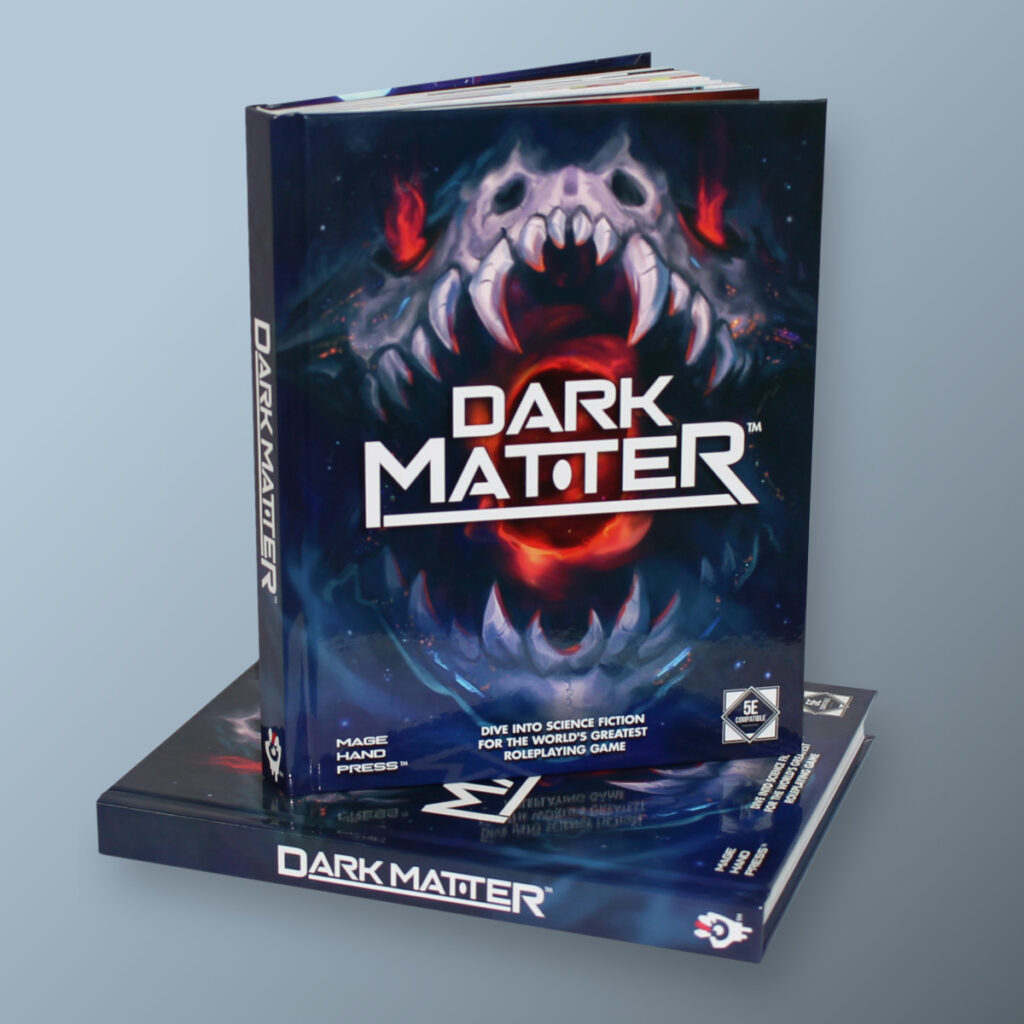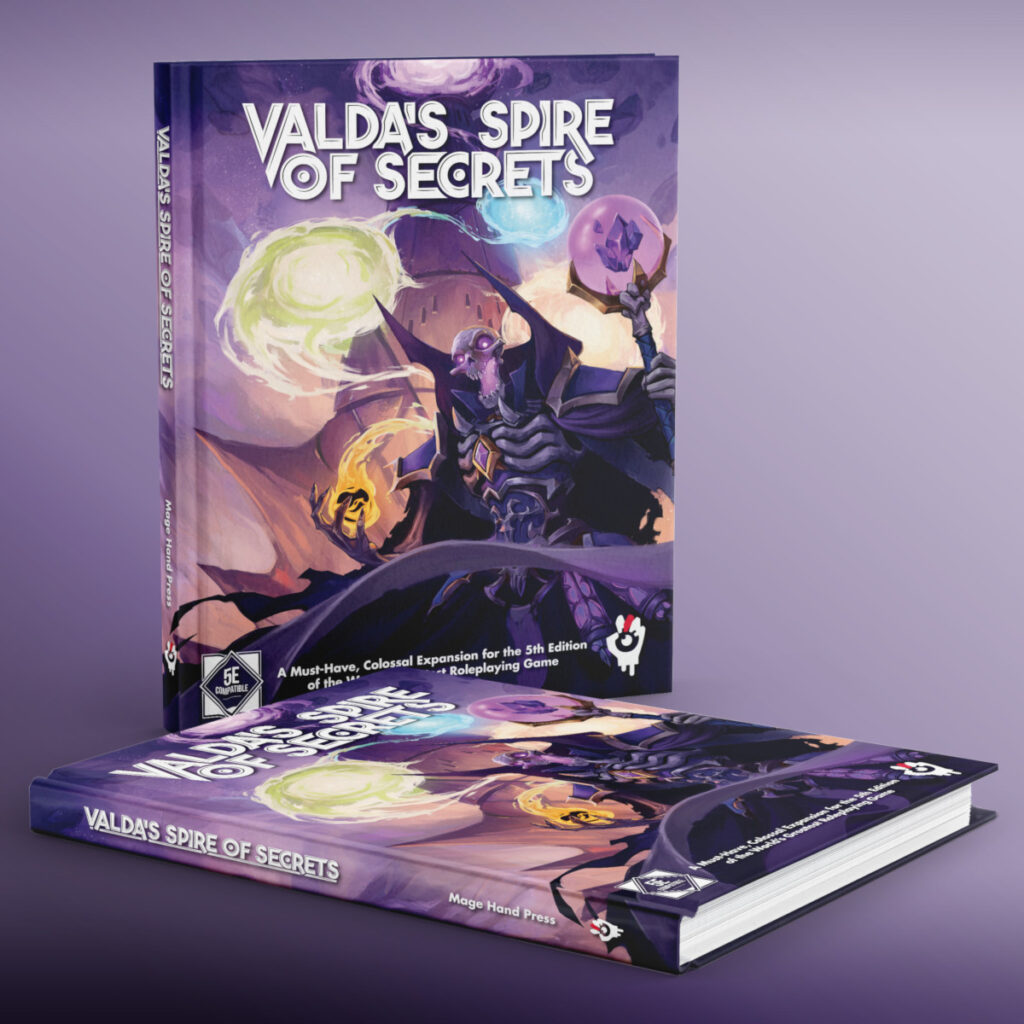Whenever you talk to the uninitiated about Dungeons and Dragons, or any role-playing game for that matter, you’re likely to be asked the naive question, ‘How do you win?’ And if you’ve ever been asked this question, you know it’s far more challenging to answer than expected. Let’s talk through some of the answers I’ve given in the past and why they’re wrong, to hopefully better understand this game we love.
It’s About the Journey
‘It’s not about the big bad guy or his evil plot – it’s all about the quest and the journey to get there.’ It’s really not hard to agree with this point of view on why we play. After all, the memorable characters, breath-taking dice rolls, and intriguing plots are what we remember about our favorite RPGs, not necessarily the end goal of a particular questline. And, indeed, there’s probably some core of truth here.
But I don’t think this explanation holds much water under examination. After all, some of the most interesting books I’ve ever read and games I’ve ever played are predicated on the same notion. The entire focus of the Three-Act Structure is on the second act, the Rising Action, the journey to the end goal, no matter what the artistic medium. Surely, the journey alone doesn’t can’t make D&D the experience that it is, since all other mediums have the same focus.
What makes D&D fascinating from the ‘the journey is all that matters’ perspective, is that it doesn’t attempt to prescribe a journey or a conclusion on the players, even if that’s what the DM has in mind. You can completely ignore the journey that the DM decides upon (as some of my players have in the past) and still find something to love in the game as you stumble aimlessly through dungeons and towns.
It’s About the Loot
Even after the quest has progressed to its conclusion, your character gets to keep a sweet flaming sword and a sphere of annihilation. But it’s not hard to see how thin this answer is. Your characters don’t retire if they collect all the artifacts, nor have you lost if you fail to collect any treasure. This wonderful game certainly goes deeper than that, regardless of what some power gamers might think.
It’s About the Characters
‘Of course’, you might say ‘I assume a character completely of my own design, as do my friends, and it’s for them that we play through the game.’ For those of you who spend hours writing your character’s backstory and weep when he fails his last death saving throw, this might be the greatest of answers for you. Yet there are others who don’t immerse themselves in role play, and spend only minutes contemplating a character’s life story. They’re not participating in the game for the characters, so what are they engaging with? What does winning mean to them?
Perhaps, then, it’s the players behind the characters that make the game worthwhile. Certainly, there’s a nugget of truth there. Role playing games are social; they can’t be played alone, and for good reason. The players around the table, and let’s not forget the Dungeon Master, are people of a kin kind. Whatever they mean inside the game, when the dice stops rolling, those people are still there – and that’s not inconsequential to what it means to win at D&D.
It’s About the Game
Winning the game is just playing it, simple as that. If someone asks you that question, it’s okay to just say ‘It’s just a game.’ Because it is. If our role playing games weren’t fun, we wouldn’t put our time, our effort, and our passion into playing them, and that’s fulfilling in and of itself. We can dictate who are characters are and how the game progresses, and, when we at last leave the table, we leave friends behind.
D&D is a lot like life; the uninitiated just don’t get the scope of their question. How do you win life? You don’t; you just play. And it’s a hell of a game.
– – –
As always, if you have any questions, DMing-related or otherwise, feel free to contact us at middlefingerofvecna@gmail.com. And of course, like us on Facebook, follow us on Twitter, and follow us on Patreon.



